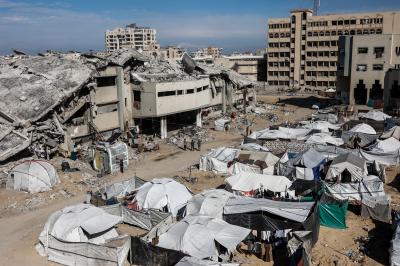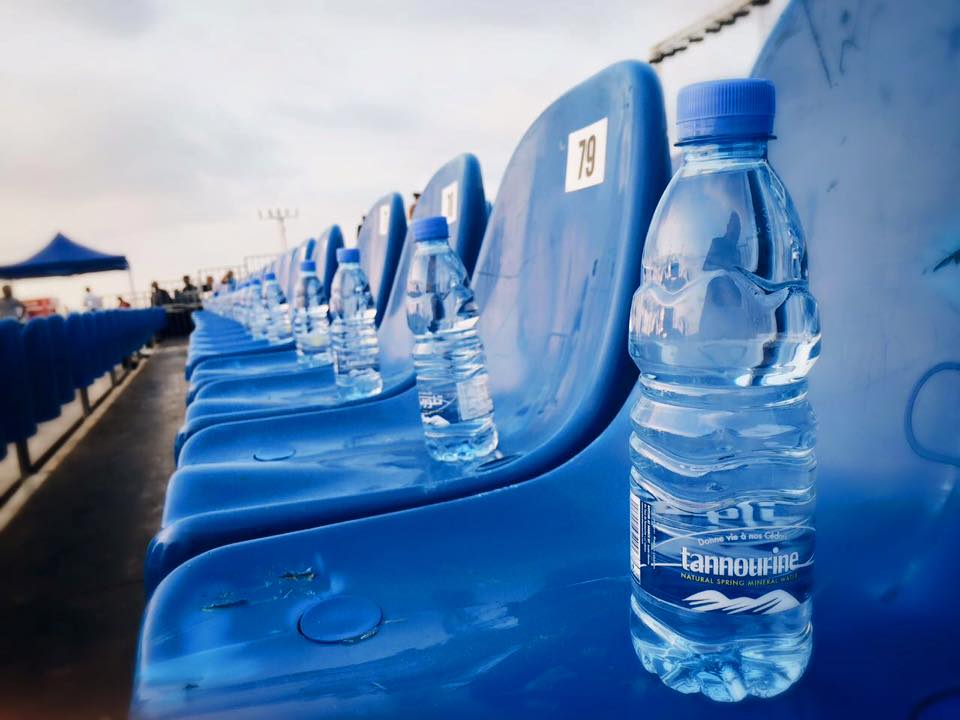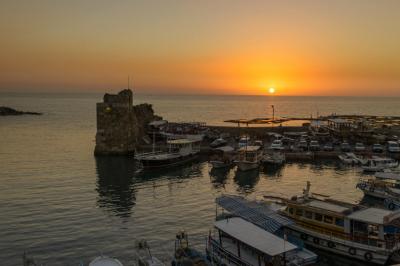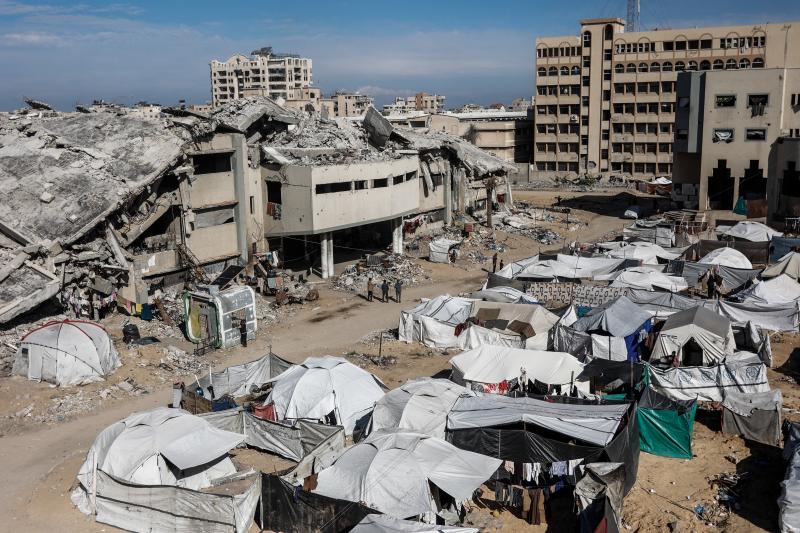Lebanon is witnessing a sweeping shake-up in the bottled drinking water sector following a series of events that have brought the issue of water safety and quality back into the spotlight in a country where health oversight is weak.
In recent days, dozens of small water-filling stations across the country have closed their doors, many voluntarily halting operations to avoid legal action in the wake of what has become known as the Tannourine water case.
The incident has not gone unnoticed. It pushed many owners of unlicensed, underground water operations to shut down preemptively, fearing prosecution or forced closure. According to a security source, “a very large number of small companies that fill water gallons for households without a registered brand name or trademark—often operating from warehouses no larger than 200 square meters—have closed on their own initiative out of fear of inspection, not because of a direct campaign.”
The same source added that even licensed institutions do not all comply with health standards. “Most of them operate haphazardly, without regular equipment maintenance or systematic sterilization of the gallons. They compete on prices to such an extent that quality becomes the last concern,” the source said.
Lessons From Abroad
The Tannourine case is not the first of its kind worldwide. In France in 1990, the renowned mineral water company Perrier faced a major scandal after traces of benzene were discovered in some bottles distributed in American and European markets.
Under media pressure, the company took an unprecedented step in the history of the food industry, recalling and destroying more than 160 million bottles worldwide. Although the contamination posed no serious public health risk, the drastic move reinforced the company’s credibility and became a model of how to handle food safety crises.
Just last year, Perrier was again embroiled in scandal after fecal contamination was detected in its water, leading to another mass destruction of bottles.
Similar cases have surfaced in other countries. In the United States, for instance, E. coli bacteria were found in certain bottled water brands, prompting companies to tighten internal controls and establish in-house laboratories to monitor quality daily.
Food safety expert Dr. Georges Haddad told us, “What happened in Lebanon is very similar to the crises faced by other countries. The difference is that developed nations have independent regulatory agencies that respond swiftly, while in Lebanon, action comes only after disaster strikes.”
He added: “The Tannourine incident was a wake-up call, showing that more than 60 percent of water-filling stations operate outside the law, exploiting the absence of oversight and the lack of public water supply. Citizens are forced to buy water without knowing its source or safety.”
For Haddad, the solution lies not only in closures and prosecutions but in launching a national plan to regulate the sector. “It must begin with mapping out all stations, setting their locations, and requiring annual environmental and health licenses. Monthly mandatory water tests by accredited official laboratories should be imposed,” he said.
From Crisis to Reform
The Tannourine scandal could mark the start of genuine reform in Lebanon’s water sector, one of the most vital sectors tied directly to public health. The wave of closures revealed a troubling reality that demands structured regulation rather than temporary reactions.
If a few contaminated gallons discovered in one northern region were enough to cause such chaos, then the sustainable solution lies in building a permanent monitoring system to guarantee that every drop of water reaching Lebanese homes is clean—both in terms of health and legality.
Please post your comments on:
[email protected]
 Politics
Politics













